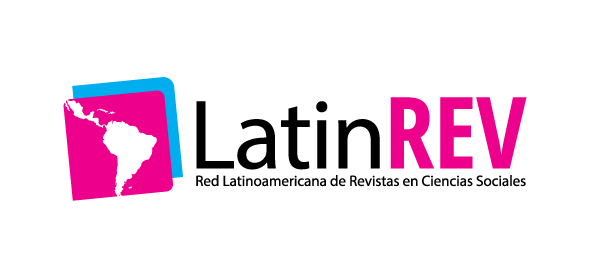Generalized anxiety related to Covid_19 in the residents of the Chaipé neighborhood of the city of Encarnación, year 2020
DOI:
https://doi.org/10.70833/rseisa15item282Keywords:
Psychology, Population, Mental health, COVID_19.Abstract
This research is called Generalized Anxiety related to COVID-19 in the inhabitants of Chaipé neighborhood of the city of Encarnación, year 2020. It has as its general objective: To analyze the symptoms associated with anxiety in the inhabitants of Chaipé neighborhood of Encarnación, during the quarantine of COVID-19, year 2020. Methodologically it is a descriptive research, with a mixed approach, whose study area was the Chaipé neighborhood of the city of Encarnación, in the department of Itapúa, composed of a population of 574 inhabitants. Questionnaire techniques were used in data collection. The most outstanding results showed that the residents of the Chaipé neighborhood go through a series of situations; economic, family and educational, which may or may not be aggravated by the current situation, which lead to mental health being affected causing a state of concern, which can increase with a high degree of anxiety and general somatic symptoms, therefore, It is necessary to have more professionals who take care of primary care and help manage emotions in this new situation that is experienced due to the COVID-19 pandemic.
Downloads
References
Balluerka Lasa, N., Gómez Benito, J., Hidalgo Montesinos, M. D., Gorostiaga Manterola, A., Espada Sánchez, J. P., Padilla García, J. L., & Santed Germán, M. Á. (2020). Las Consecuencias Psicológicas de la Covid-19 y el Confinamiento. Obtenido de https://www.ub.edu/web/ub/ca/menu_eines/noticies/docs/Consecuencias_psicologicas_COVID-19.pdf
Barnhill, J. W. (2018). Trastorno de ansiedad generalizada. Obtenido de https://www.msdmanuals.com/es/hogar/trastornos-de-la-salud-mental/ansiedad-y-trastornos-relacionados-con-el-estr%C3%A9s/trastorno-de-ansiedad-generalizada
CDC. (2020). Enfermedad del coronavirus 2019 (Covid 19). Obtenido de Sobrellevar el estrés: https://espanol.cdc.gov/coronavirus/2019-ncov/daily-life-coping/managing-stress-anxiety.html
Clark, D. A., & Beck, A. T. (2012). Terapia cognitiva para trastornos de ansiedad. España: DESCLÉE DE BROUWER, S.A.
García-Herrera, J. M., & Nogueras Morillas, E. V. (2013). Guía de Autoayuda. Comprendiendo la ansiedad. Andalucía: Servicio Andaluz de Salud.
Hernández Sampieri, R., Fernández Collado, C., & Baptista Lucio, P. (2010). Metodología de la investigación (5ta ed.). México: Mc Graw Hill.
Sierra, J. C., Zubeidat, I., & Fernández Parra, A. (2006). Factores asociados a la ansiedad y fobia social. Obtenido de http://pepsic.bvsalud.org/scielo.php?script=sci_arttext&pid=S1518-61482006000200010
Walls, M. T. (2020). Coronavirus (COVID-19): Calmar la ansiedad. Obtenido de https://kidshealth.org/es/parents/coronavirus-calm-esp.html
Wayne J., K., & Miranda, J. (1997). Cómo vivir con trastorno de ansiedad. Estados Unidos: Mosby Great Performance.
Downloads
Published
How to Cite
License
Copyright (c) 2021 González Rojas

This work is licensed under a Creative Commons Attribution 4.0 International License.
Creative Commons Attribution License CC-BY
You are free to:
Share — copy and redistribute the material in any medium or format.
Adapt — remix, transform, and build upon the material for any purpose, including commercially.
Under the following terms:
Attribution — You must give appropriate credit, provide a link to the license, and indicate if any changes have been made. You may do so in any reasonable way, but not in any way that suggests that you or your use is endorsed by the Licensor.







